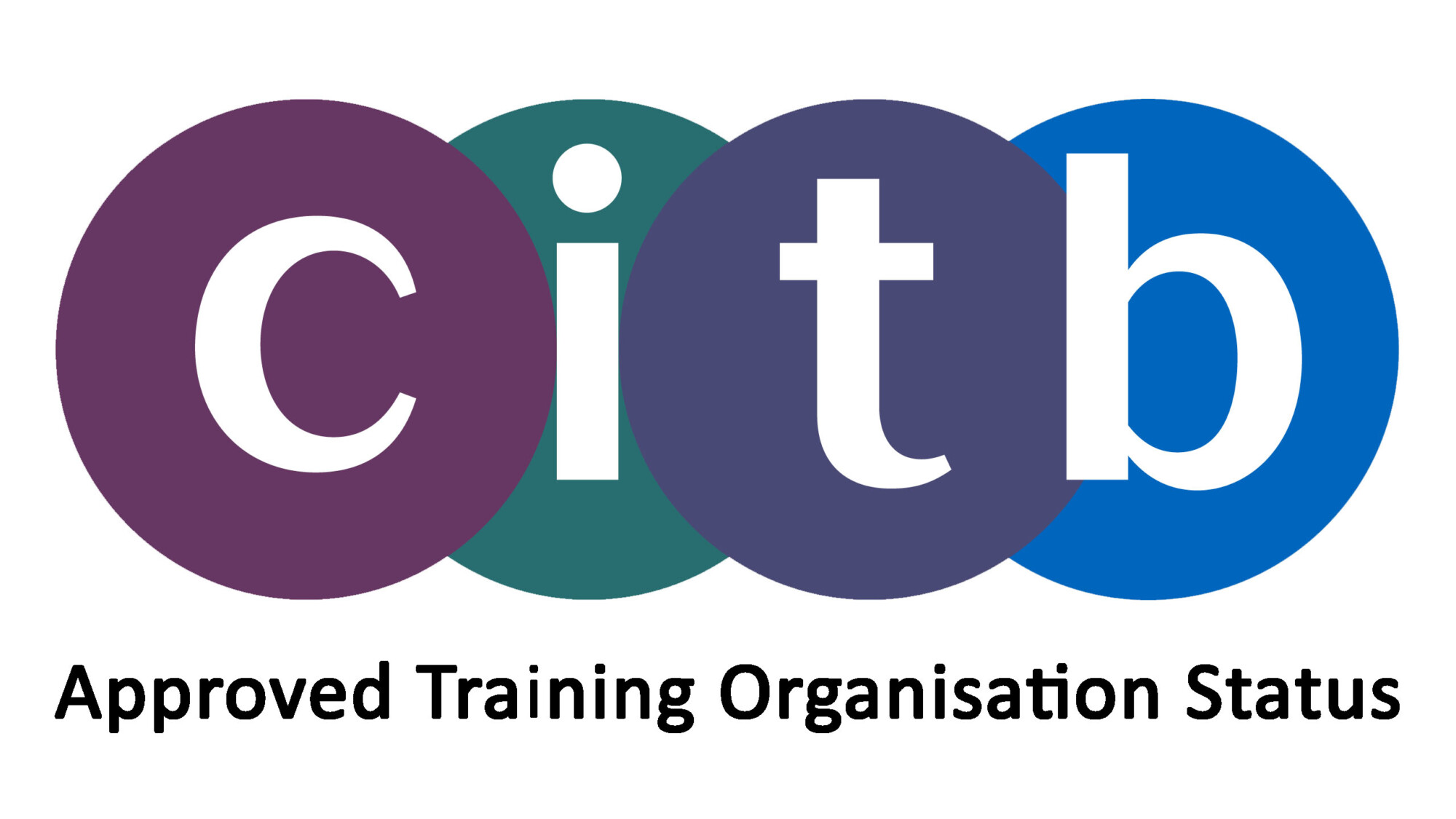How Growth and Development Drive Employee Engagement
It’s in your best interests as a leader to invest in your employees and a dedicated growth and development strategy allows you to help your team explore their unique passions and interests, build a well-rounded professional skill set, and pursue a career path that is the right fit for them.
When this approach is executed correctly, your team’s personal success will also directly benefit the entire business. How? Because their skills and knowledge will act as fuel to reach even the most ambitious business goals.
Let’s learn more.
What Exactly is Growth and Development?
It can be helpful to view growth and development as an older sibling of the training you’ll offer to new hires when they start. Don’t make the mistake of viewing it as some slightly more in-depth classroom learning because it’s actually about having a longer-term, properly considered plan for each employee that centres their personal growth and curiosity.
As someone in a leadership role, there is a fair amount of responsibility on your shoulders to deliver solid growth and development opportunities. But it’s not your job to impose anything on your team members.
Instead, view growth and development as a collaborative and very deliberate process that really focuses on using the right tools, nurturing a positive company culture, and ensuring communication channels remain open between team members, leaders and managers.
Why is Employee Growth and Development So Important?
There is so much value that can come from investing in employee growth and development. In fact, we’d actually argue that the increase in your bottom line is one of the least valuable things that comes from investing in your team. Which is saying something because, clearly, making positive financial gains is critical to business success.
One of the most valuable things that can come from investing in growth and development is the positive impact it has on how engaged your team is.
Not only do employees have opportunities to learn new skills, hone their abilities and gain new knowledge, but the process also allows leaders to progress, grow their teams, and enable passionate team members to take on new responsibilities and work on projects that align with their interests.
In turn, the wider business benefits from improved efficiency, productivity and retention, the latter of which is particularly important when you consider that it costs thousands of pounds to fill a vacant position within your organisation. Research [1] consistently shows that employees are much more likely to remain working within an organisation when investment in learning, growth and development is being made.
So, doesn’t it just make sense to invest in the talent you have, rather than risk losing them to a competitor with a commitment to growth and development?
Let’s not forget that simply presenting your team with new opportunities can revitalise the passion and interest they have in the work they’re doing, encourage them to become more engaged with strategy and problem solving, and take on new challenges with a new perspective.
Resources:
Esther Patrick is a Client Accounts Director at Keystone and a member of the Senior Leadership Team. An experienced consultant and management author, she has nearly 20 years’ experience leading client partnerships across sectors from construction to healthcare and designing leadership, culture, and team development programmes aligned with their strategic goals and values. Esther is passionate about creative, human-centred learning.



